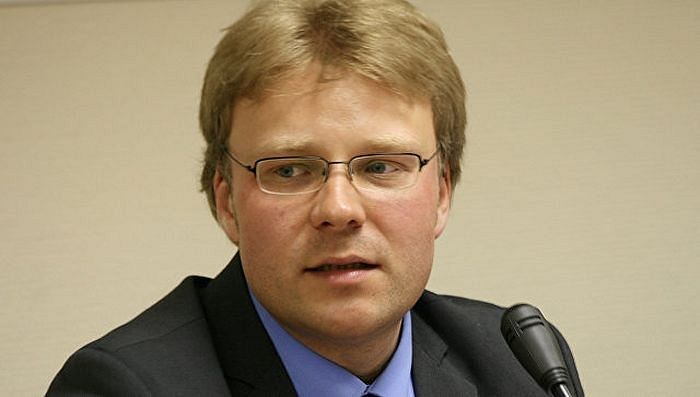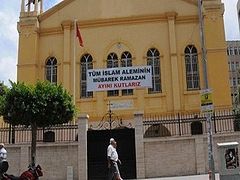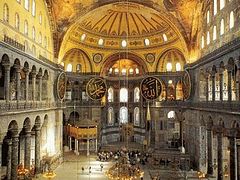Moscow, July 19, 2016
The situation of Christians in Turkey will deteriorate, since following the suppression of the revold there has been a growing tendency to further islamization of the country and entrenchment of the personal power of its President Recep Tayyip Erdogan, leading researcher of the Center for Religion and Society Studies of the Institute of Europe of the Russian Academy of Sciences (RAS), Roman Lunkin, believes, reports RIA-Novosti.
On Friday evening Turkish leaders announced that there was an attempted a military coup in the country. In their turn, the military declared the transfer of power into their hands. On Saturday morning the military insurgents began to surrender. The Turkish authorities declared that the coup attempt in the country failed. Religious leaders of Turkey made a joint statement in which they firmly condemned the attempt at revolution in the country.
“I believe that the attitude towards Christians in general and, above all, towards the Christian mission in Turkey—not only of the Orthodox and Catholics, but also Protestants—will take a turn for the worse. Moreover, while Orthodox and Catholics have existed in Turkey in a ghetto, missionaries of various Protestant denominations—first of all Pentecostals and Baptists—acted openly and, therefore, were persecuted by the Turkish authorities. They have already experienced this,” R. Lunkin said to RIA-Novosti.
The expert attributes the aggravation of the situation to “the rise of Islam in the country” because “it is clear that the repression of the uprising may lead to toughening of the authoritarian tendencies existing in Turkey and strengthening of the personal power of President Erdogan.” At the same time, in his view, “it is difficult to predict” whether the relations between the Turkish authorities and the Patriarchate of Constantinople (whose administrative center is in Istanbul) are going to change or not.
“Still, the overwhelming majority of parishes of the Patriarchate of Constantinople are outside of Turkey. That is why everything depends on whether the Turkish government is going to respect Christians in general and the residence of the Ecumenical Patriarch in particular. I think there is currently no information, there are no factors indicating that the attitude towards the Patriarchate of Constantinople may change radically,” the religious studies specialist noted.





